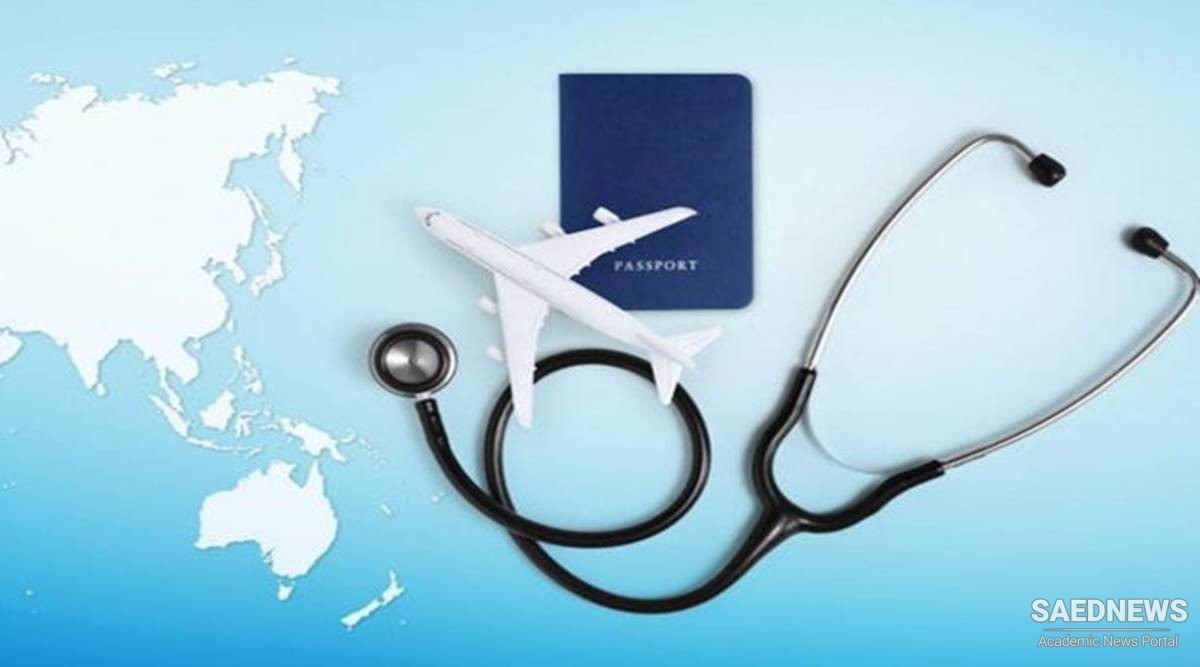However, medicine is more high tech than tourism and has higher barriers to entry while tourism has higher price elasticity of demand. One is precise and involves rational decision making, and the other ephemeral, resting on imagination and the exotic and the transport into something outside of one’s own culture.1 Medical tourism thus walks on two legs. Each leg is necessary and neither is suffi cient in the creation of a successful medical tourism sector. On their own, both tourism and medicine are high-growth industries in many parts of the world. With respect to tourism, there is no doubt that, across the globe, tourism has become a leading economic force. The travel and tourism industry accounts for $4.4 trillion of economic activity worldwide, leading UNCTAD to call it the world’s largest industry.
Lundberg et al. claim, “Tourism has become the world’s largest business enterprise, overtaking the defense, manufacturing, oil and agriculture industries.” It has grown at twice the rate of world gross national product (GNP) during the 1990s and in 2005, it accounted for over 10 percent of world GDP. As the fastest growing foreign income sector worldwide, tourism accounts for 8 percent of world export earnings and 37 percent of service exports. While most of the tourist activity that causes this growth tends to be concentrated in Western countries, developing countries are very impressed with its economic potential. They have come to view tourism as a panacea because it increases the flow of foreign currency, contributing directly to the current account of the balance of payments and generating successive rounds of economic activity; leaders are therefore quick to offer their natural resources. As Cynthia Enloe noted, countries are increasingly putting all their development eggs in the tourist basket.
Adding medicine for foreigners to the mix further expands the economic opportunities of developing countries. Worldwide, health services are estimated to be worth some $3 trillion, and the health-care sector is among the highest growth sectors in the mid-2000s. Trade in medical services is a small but growing component of overall medical care. As a result, medical tourism has been described as having endless opportunities and benefi ts for developing countries that manage to break into the market.
To the extent that tourism is a panacea for destination LDCs, then medical tourism is a medium through which the transfer of wealth occurs between the more developed and the less developed countries, and it propels countries along a growth trajectory. One crucial consideration that prevents medical tourism from being a panacea is the fact that, like tourism in general, it depends on foreign consumer demand. Indeed, the entire medical tourism sector is based on exogenous factors over which neither the private nor the public sectors have any control.Other than economic incentives, marketing efforts, and perhaps currency devaluations, little can be done to increase foreign demand. Such powerlessness cannot but bring to mind past historical periods when countries of Asia, Africa, and Latin America were economically dependent on Western capitalist states. During colonialism, and often no less during the post-colonial period, developing countries were tied to Western economies in a complex system of international exchange based on deteriorating terms of trade. These one-way dependency relationships were the focus of the Dependency Theories of the 1970s. Medical tourism does not foster such dependency. Indeed, depending on the export earnings of a cash crop such as peanuts is very different from attracting consumers to high-tech services that are unavailable or inaccessible in their home countries. In this way, medical tourism stands apart from tourism in general, and so, it has unique implications for economic development.


 Mount Sabalan, Ardabil Province, Northwest Iran
Mount Sabalan, Ardabil Province, Northwest Iran














































